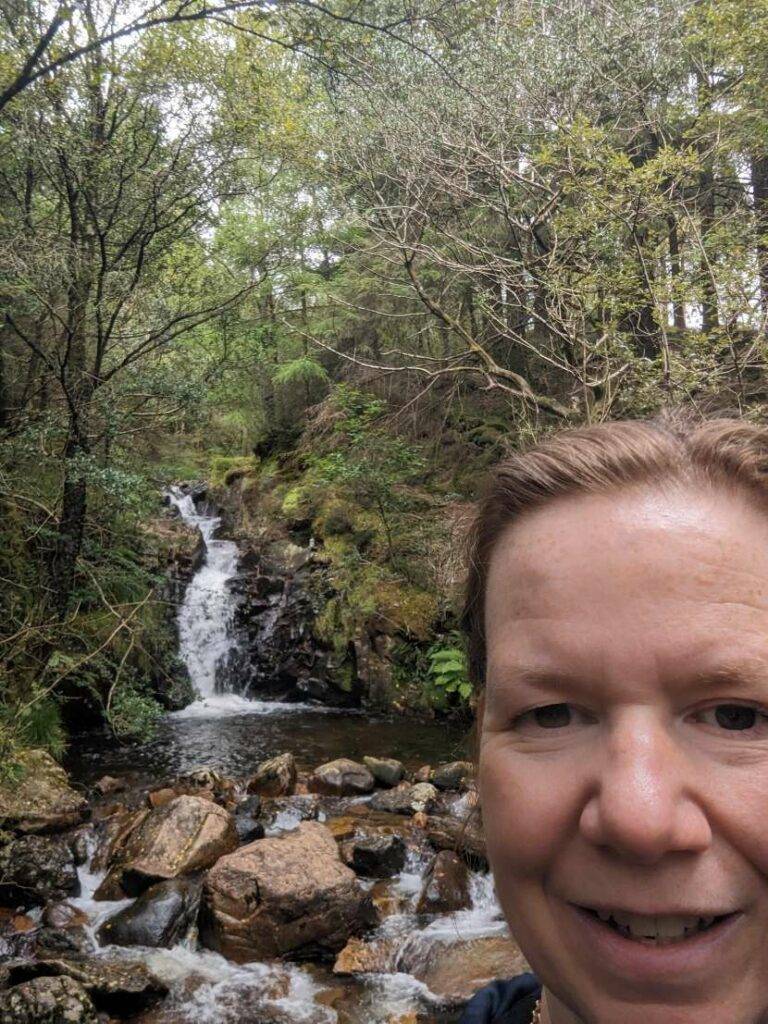This week, amidst the tranquillity of a walking holiday (which, by the way, I highly recommend for soul-searching and strategizing alike), I had the pleasure of discussing a venture that encapsulates a topic I’m passionate about: sustainability. It’s not just about the ‘green’ aspect but the broader social and ethical implications that it embodies.
Thank you for reading this post, don't forget to subscribe!Understanding the ESG Model
For those unfamiliar with the term, ESG stands for Environmental, Social, and Governance, a three-pronged approach to assessing a business’s sustainability and societal impact. This potential client I’ve been in talks with is the epitome of the ESG model. Their innovative offering is set to reduce pollution drastically, minimize the use of scarce and unethically sourced materials, and bring an economical recycling solution to the table. But what truly caught my eye was the potential global social impact, notably for the underprivileged. Aligning seamlessly with many of the United Nations’ sustainability goals, their proposition is much more than just a product—it’s a revolution.
The Shift Towards Ethical Backing
Recent trends suggest that individuals are not just making ethical purchases but are also making investment decisions based on these criteria. According to a 2020 report by the Capgemini Research Institute, nearly 41% of consumers consider environmental factors in their purchasing decisions. This momentum extends to the crowdfunding arena too. People increasingly align their money with their values, ensuring they back projects that resonate with their ethical and sustainable beliefs.
Leveraging ESG Credentials in Crowdfunding
A golden opportunity lies at the intersection of this drive toward sustainability and crowdfunding. With platforms like The Crowdfunding Hub, global campaigns can access the training and support necessary to communicate their ESG credentials effectively. And when a project requires that extra oomph? Our sister company, bmwconsults.com, steps in. They work intimately with select clients, adding the requisite marketing finesse and crowdfunding expertise.
However, a word of caution for those looking to hop onto the green bandwagon: authenticity is crucial. Leveraging ESG credentials to appeal to a broader audience can indeed amplify a campaign’s reach, but greenwashing—misleading consumers about the environmental benefits of a product or service—is a no-go. Remember, crowdfunding is rooted in trust and ethics. Any deviation from authentic representation can tarnish not just a single campaign but the reputation of the entities behind it.
As I wrap up this week’s reflections, I’m filled with hope. The crowdfunding landscape is evolving, mirroring the global shift towards ethical and sustainable choices. For campaigners, this offers a chance to achieve financial milestones and make tangible, positive impacts on the world.
Until we meet again, tread ethically, and invest responsibly.
Warmly,
Victoria


